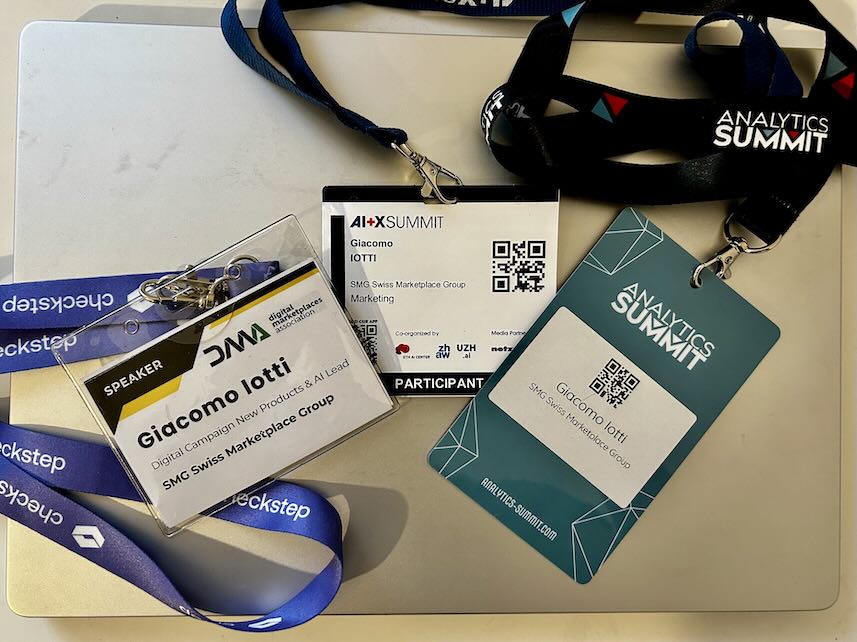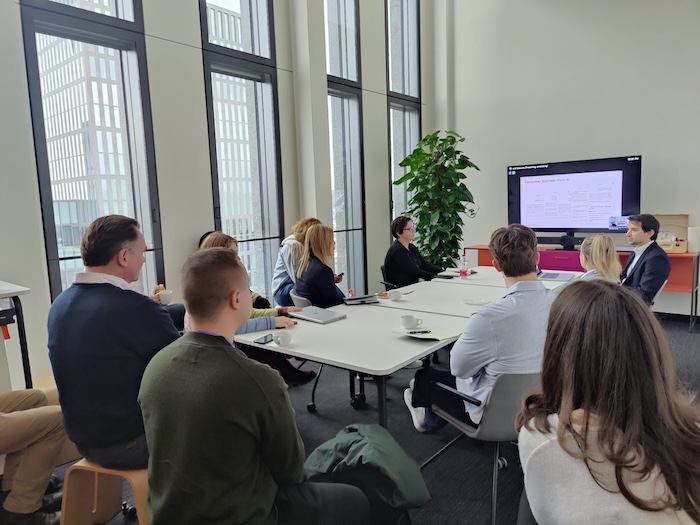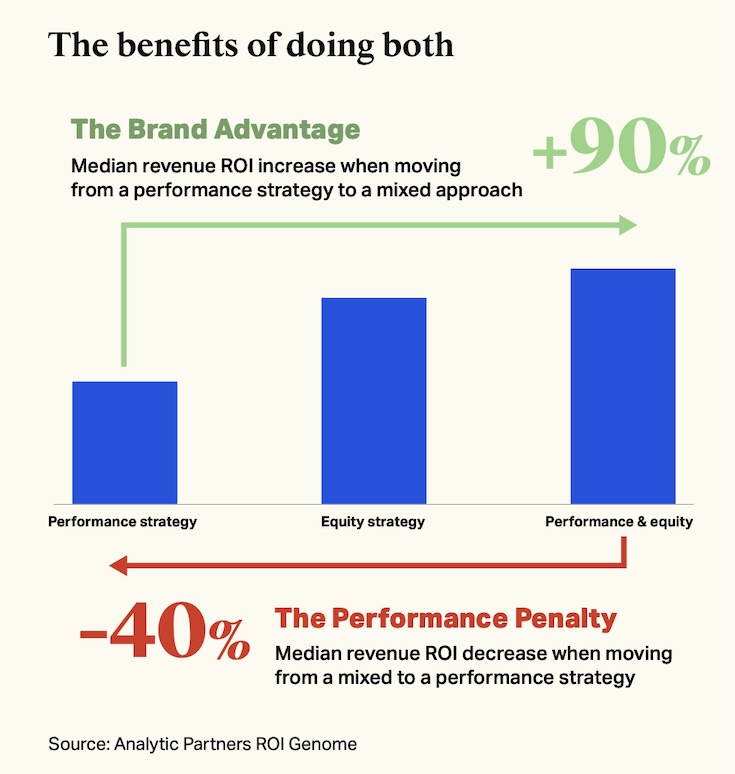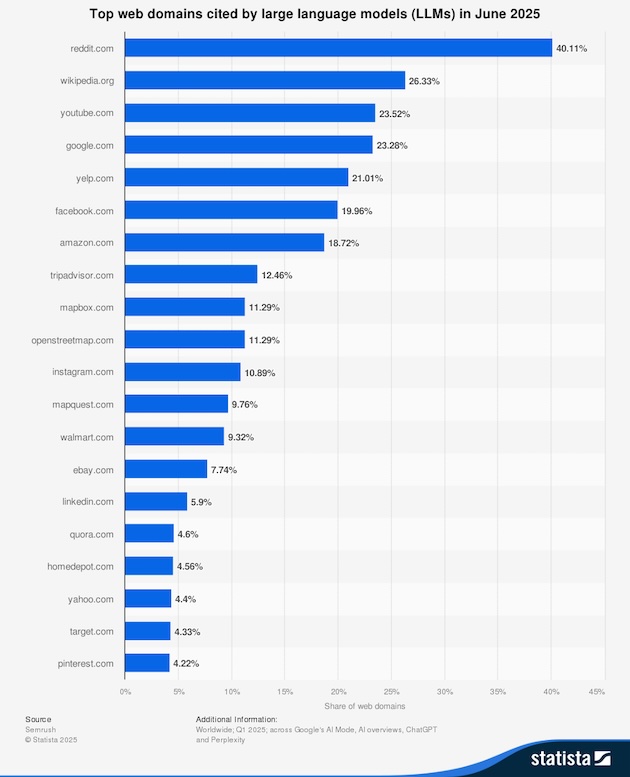AI Overviews kill clicks. It’s a fact.
The interesting part is that this affects both organic and paid traffic.
Even more intriguing... CTRs decrease even for queries that don't trigger AIO.
This report by Seer Interactive is extremely telling.
The "zero-click" trend has been accelerated by AI Overviews and chatbots, but it existed long before them.
Google has been developing a "zero-click" strategy for at least the past decade. Think of Knowledge Panels, Google Business Profiles, FAQ snippets etc.
But also,
Google Hotels, Google Flights, and even Google Shopping.
They all aim to keep users on Google as long as possible, absorbing steps of the consumer journey that used to belong to publishers and merchants.
But the irony is clear.
Google disrupted the industry in the late 90s by inventing a clean, fast search engine built to send users to the best result as quickly as possible.
This was unlike Yahoo, for example, which aimed to keep users on-site to sell more display ad impressions.
The same now applies to social networks.
None of them want users to click away.
Today, the "death of clicks" has massive repercussions for digital marketing:
how can we track user journeys across platforms if they never click?
Sure, we could use impressions or view tracking, but let's be real. That has never truly worked.
So, what to do?
Measurement techniques like incrementality experiments and Marketing Mix Modeling (MMM) are thriving because they don't rely on clicks.
But generally, we need to realise that:
clicks ≠ business
Digital marketing must steer away from clicks and tracking and refocus on "old-school" concepts like share of voice, brand awareness etc
and ultimately, surprise surprise, revenue!
It’s a mindset shift.
Not everybody likes it, but it is necessary.










